NATO concerns
Allied foreign ministers meeting in Riga talked about the latest developments in NATOs Eastern Neighbourhood and in the Black Sea area.

Corina Cristea, 02.12.2021, 13:50
NATO’s new strategic concept will take into account the
challenges and concerns we face now, including those related to Russia and
terrorism, said US Secretary of State Antony Blinken at a NATO meeting in Riga.
The build-up of Russian troops on the border with Ukraine was top of the list
of the talks in Latvia, where participating foreign ministers voiced concern with
regard to the worsening of the security situation in the NATO’s Eastern Neighbourhood
and in the Black Sea region. We don’t
know whether President Putin has made the decision to invade. We do know that
he’s putting in place the capacity to do so in short order, should he so
decide, said secretary Blinken. Emphasizing that diplomacy is the
only responsible way of solving this possible crisis, he also gave assurances
that NATO is prepared to consolidate its defence on the eastern flank. Russia
also risks tough economic sanctions if the Russian troops invade Ukraine.
NATO hopes to avoid a conflict with Russia, NATO
Secretary General Jens Stoltenberg told
the CNN. The task is to prevent that from happening. That’s first of all
the reason why we call Russia to stop its aggressive actions against Ukraine,
he said. Russia, which rejects allegations from Kiev and western officials that
it plans to invade neighbouring Ukraine, wants firm guarantees that NATO’s eastward
enlargement is over and wants a legally binding agreement in this regard.
The Romanian
foreign minister Bogdan Aurescu, who also attended the NATO meeting in Riga,
described the situation in Ukraine and the Black Sea area as worrying and
highlighted the implications of these developments on the stability of the entire
euro-Atlantic region. He also called for the consolidation of the allied defence
and deterrence posture on the eastern flank, from north to south, in a coherent,
balanced and unitary manner, including in the Black Sea. He emphasised the need
to intensify support and assistance for NATO’s eastern allies and called for the
continuation of the alliance’s open-door policy.
Another subject
discussed was that of arms control, disarmament and non-proliferation. Minister
Aurescu said that as far as Romania is concerned, arms control should be
complementary to the defence and deterrence posture. He also reiterated his country’s
solidarity with Poland, Lithuania and Latvia, which are facing a tough hybrid
campaign from the Lukashenko regime in Belarus. (CM)






























